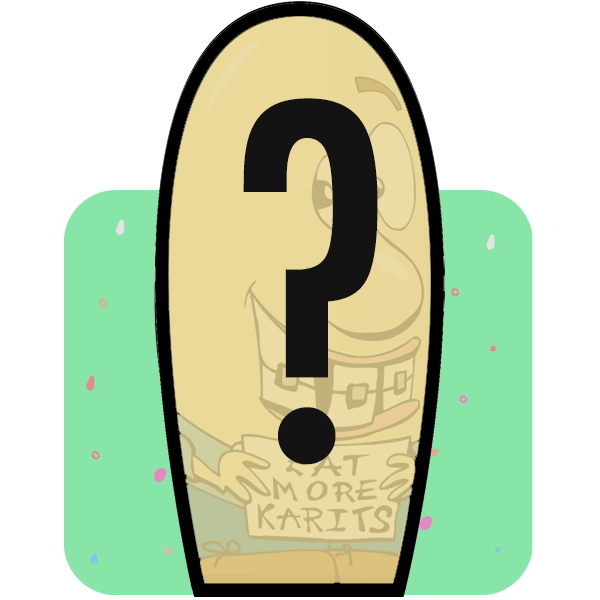Young Writers Course
Lesson 2: Writing Your Story
So you want to write a story—that’s great! Now the question is, what kind of true story will you write? Here are some basic types of stories to choose from. Keep in mind that if you’re writing for a Christian magazine such as Guide, your story will need to have some kind of character-building point or show God in action in some way.
Types of Stories
Adventure stories. These stories tend to get a person’s heartbeat going faster! A good adventure can take place in lots of different places, from the jungles of South America to your local city park. The main idea with an adventure story is to capture the excitement for your readers. Examples: narrow escapes, mission stories, scary incidents, exploring unknown territory, and more.
Inspirational stories. Some stories involve God’s more direct involvement in our lives. They inspire readers to thank and serve our heavenly Father. Examples: God’s clear responses to prayer, healing, sharing Jesus with others, standing up for our faith, Bible principles in action, and more.
Personal growth stories. Being a kid can be hard! Stories can help ease the stress of growing up. There are lots of topics to cover in this category, including bullying, making friends, peer pressure, cheating, getting along with siblings, and many more.
Biographical stories. Is there someone you know or whom you’ve read about that made a positive impact on you? Here’s the perfect category for you to write about that person or group of people. Examples include Christian heroes from the past, missionaries and other strong role models of today, and more. NOTE: It’s usually best to avoid writing about celebrities, as these kinds of people sometimes become involved in behaviors that aren’t so great.
Mystery stories. We’re not talking about murder mysteries or haunted houses! There are other kinds of mysteries, such as the discovery of someone’s identity, surprise endings to various things that happen, a revealed secret, events that can only be explained by God’s involvement, and more.
Funny stories. In today’s world, who doesn’t need a good laugh? If something funny has happened to you or someone else, why not try and draw a lesson from it? Start with yourself or a family member. If you’re writing about someone else, of course, you’ll want to ask their permission to write about what happened.
Where to Look for Story Ideas
As a young writer, you may not have experienced much that you think is worth writing about. But your first story doesn’t have to be award-winning; you’ve gotta start someplace. Here are a few ideas to look for story ideas:
- Yourself
- Your family (parents, siblings)
- Your extended family (grandparents, aunts, uncles, cousins, and other relatives)
- Church members
- Schoolmates
- Teachers
- Other trusted adults
You can probably think of more ideas, but that’s a start. When you get a “hot” story idea, be sure and take notes from the person as they tell you the story. Write down, tape, or videotape the person telling the story so you don’t miss any details. Most importantly, have fun!
What’s Generally NOT OK for True Stories
A made-up story line or unnecessary made-up stuff. Again, nobody can remember every last detail of something that happened, so sometimes you’ll have to use good judgment about including what people likely said or did. But the more facts the better. This will help to avoid mistrust (“Why did you say I owned a pit-bull, you dolt?”) and other complications with real-life characters and readers.
A made-up character. Especially for this course, choose a story line where you have the facts about who was involved.
Important elements of setting that can’t be backed up as being part of the real-life story. For example, let’s say you choose to write a historical story. You decide to include a staircase, a springhouse, and a rifle. Unless you were there, which is pretty unlikely unless you are a time-traveler, you just don’t know what the place looked like. Whether a historical story or a story from today, try to base your story on what you actually know about the setting from your research.
Talking objects or animals. Winnie the Pooh is cool, but that’s a whole different story. If you want to earn your true story writing certificate, leave the talking critters for another time.
OK, hopefully you get the main idea about what makes up a true story. Just to be sure, type T or F between the brackets after each of the following sentences.

Randy Fishell
About the Course
The Young Writers Course is designed to help you quickly improve your true story writing. In fun fashion it looks at important writing elements such as choosing a storyline, dialogue, word selection, grammar and much more. Yeah, there are a few quizzes to take, but they’re pretty easy! Taking this course will vastly improve your chances of getting a story published in Guide or on its website.
About the Instructor
Randy Fishell is the editor of Guide, a magazine that has been publishing a weekly magazine full of stories for 70 years. No, he hasn’t been on staff the whole time! He has, however, been on the job long enough to have a pretty clear idea of the difference between stories that make it into print and those that… don’t.
Randy has also had his own books and lots of magazine articles accepted for publication. One of his first stories to be published was “Hair Today, Gone Tomorrow,” which later became the title of one of his books. “It turns out that believing I could keep every hair on my head intact for the rest of my life was a bald-faced lie,” Randy observes.
His very first book was a collection of church skits, including a silly one about a surgeon who tries to operate on a patient with a bad case of “criticulosis”—the habit of criticizing others.
Randy’s latest book is The Good Humor Guy, a collection of wacky stories from his long-running Guide column of the same name. The book includes such life-changing stories as “Lover Boy Meets His Doom” and “Oh, That Hurts Good!”
“Anybody can be a better writer if they just keep in mind a few simple tips,” says Randy. In this course he covers the writing principles that he feels are most important and suggests the sound a frog makes as a way to remember those principles.
Randy lives in Smithsburg, Maryland, where he is often out exploring with his metal detector. (He has found a good number of Civil War bullets and a ridiculous number of worthless bottle caps.) He is a cartoonist and author of the book, Tucker Barnes Digs In.
read more

